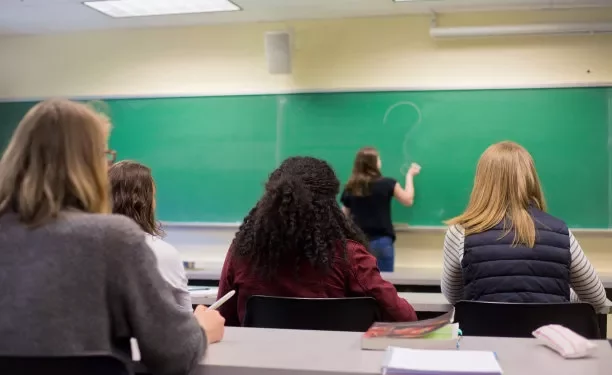Obtaining a US visa can be a complex and challenging process, with many factors contributing to the outcome of the application. Despite following all the necessary steps and submitting all required documentation, many applicants may find their visa applications rejected. In this article, we will explore some of the common reasons why US visas get rejected.
Lack of Strong Ties to Home Country
One of the most common reasons for visa rejection is a lack of strong ties to the applicant’s home country. The US consular officer will assess the applicant’s intention to return to their home country after their visit to the US. If the consular officer determines that the applicant has insufficient ties to their home country, they are more likely to deny the visa application.
Strong ties to a home country may include family members, property ownership, employment, or business ownership. Applicants must provide evidence of their strong ties to their home country to increase their chances of being approved for a US visa.
Criminal History or Security Concerns
Another common reason for visa rejection is a criminal history or security concern. If an applicant has a criminal record or poses a threat to national security, they may be denied a US visa. Examples of criminal offenses that may result in visa denial include drug trafficking, espionage, and terrorism-related offenses.
Incomplete or Inaccurate Application
Submitting an incomplete or inaccurate visa application can also lead to rejection. It is essential to ensure that all required documentation is submitted and that the information provided is accurate and up-to-date. Failure to include all relevant information or providing false information on the application can result in visa denial.
Insufficient Funds or Financial Support
Applicants must provide evidence of sufficient funds or financial support to cover their travel and stay in the US during their visit. Lack of adequate financial resources can result in visa rejection. Applicants should provide bank statements, pay stubs, or other documentation to prove their financial stability.
Immigration History
The applicant’s immigration history can also play a role in visa rejection. If an applicant has a history of overstaying a US visa or violating immigration laws, they may be denied a US visa.
Consular Officer Discretion
Ultimately, the consular officer has the final say in approving or denying a US visa application. Even if an applicant meets all the visa requirements, the consular officer may still reject the application if they determine that the applicant does not qualify for a visa.
In conclusion, obtaining a US visa can be a challenging and complex process, with many factors contributing to the outcome of the application. By understanding the common reasons why US visas get rejected, applicants can take steps to prepare and increase their chances of being approved for a US visa. It is important to provide complete and accurate information, demonstrate strong ties to the home country, and ensure sufficient funds or financial support.


















